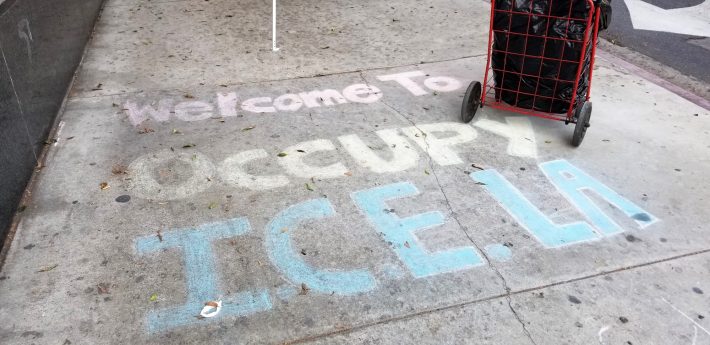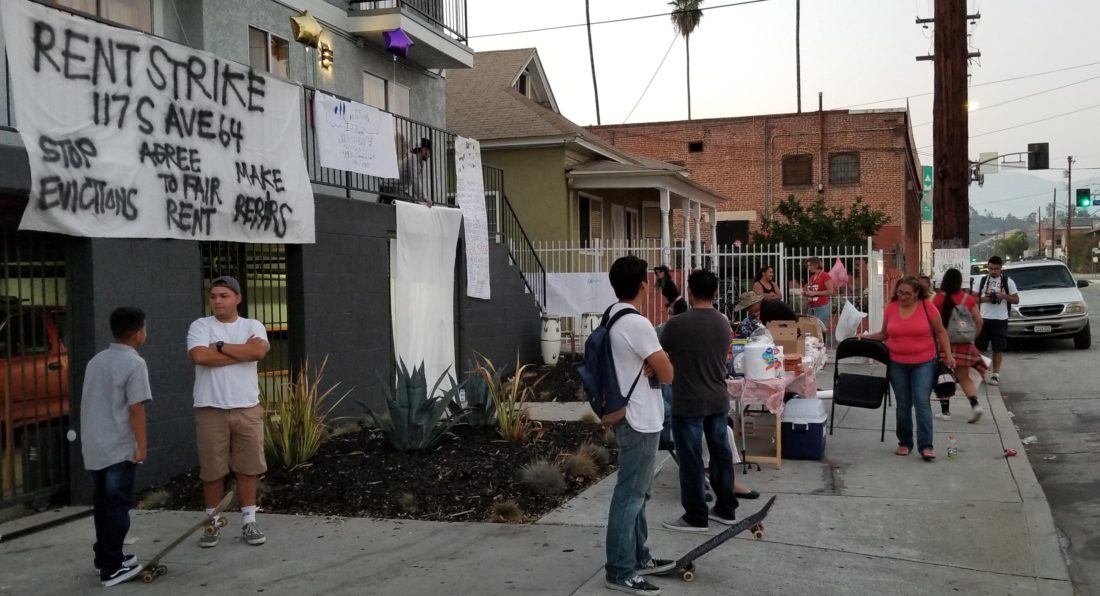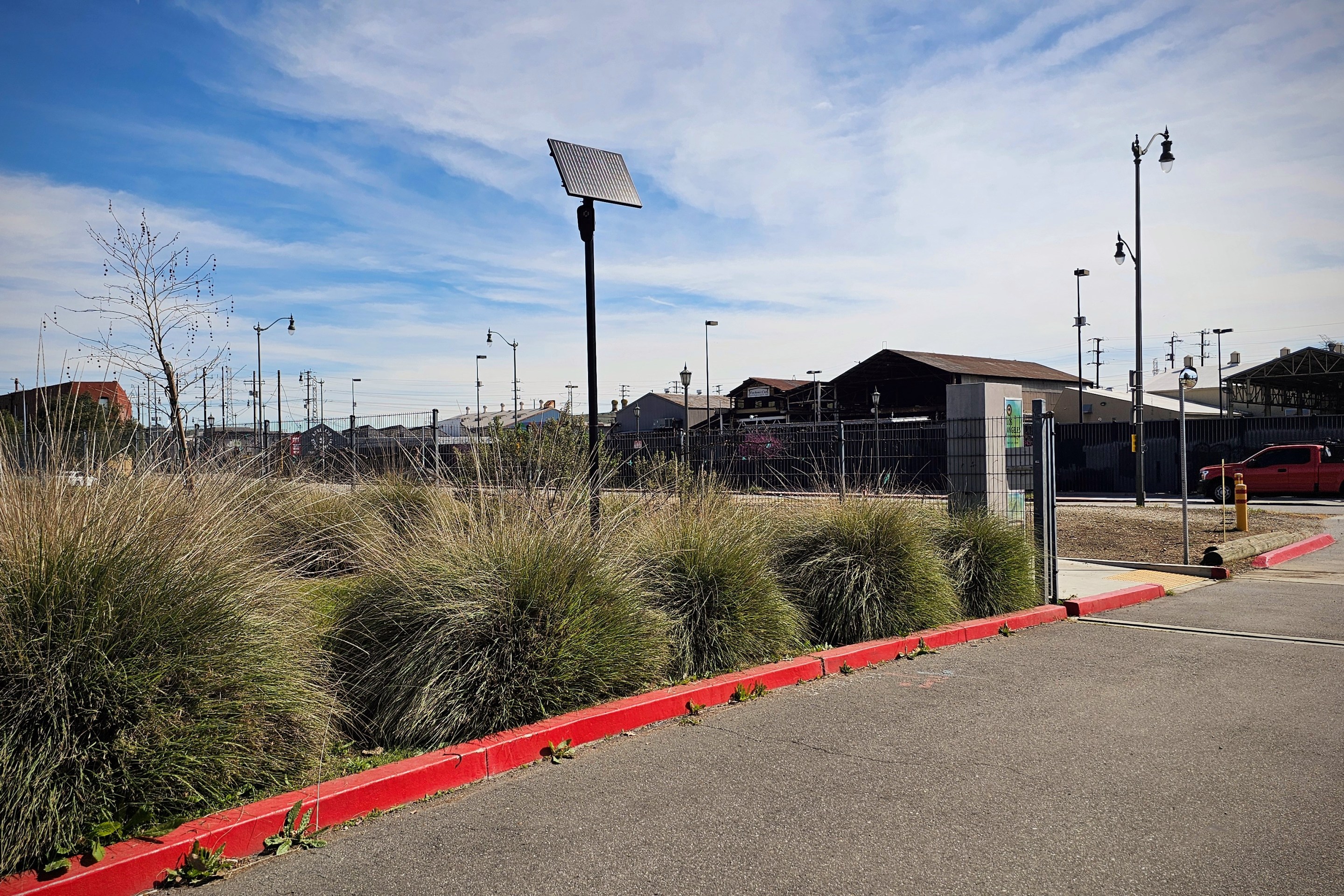[dropcap size=big]A[/dropcap] year ahead of the 2020 Census, the U.S. Census Bureau has released estimates showing that nearly 13,000 residents moved out of L.A. County between July of 2017 and July of 2018, sparking ongoing discussion about the role that rising costs and the L.A. housing crisis have in the county's shifting demographics.
The average price of a home in L.A. went up 8 percent between January 2017 and January 2018, according to a Curbed LA report. The median rental price during that time period was about 33 percent higher than the rest of the country.
The Census Bureau didn’t give a reason for the small population drain; that’ll be up to local researchers to figure out. Los Angeles still ranks as the most populous county in the country with nearly 10.1 million residents, almost twice as much as second place Cook County (Chicago) and its 5.1 million residents. And we are still the nation’s second largest city behind New York.
A census, or a formal counting of the country’s population, is required by the U.S. Constitution to take place every ten years. The census serves not only to gather raw numbers and demographics of the country’s residents, but also to divy up congressional districts in the U.S. House of Representatives. It also decides how to use nearly $400 billion in annual federal spending.
That same Census data is then used by legislatures to draw both state-level legislative districts and to decide on state spending projects, including schools. The data is also used to appoint electors in the U.S. Electoral College, who formally elect the president and vice president of the United States after the popular vote is counted during presidential elections.
The Trump administration has fought recently to add a question to the 2020 Census asking respondents whether they are citizens, which is likely to lead to the undercounting of undocumented families. Opponents of the change argue this would result in cuts to corresponding state and federal funds if people in certain communities decline to be counted in the census for fear of reprisals or deportation.
The American Civil Liberties Union estimated that nearly 6 percent of U.S. households have at least one undocumented resident, meaning that close to 6.5 million people could be at risk of not being counted in the census. The Supreme Court is set to begin hearings on a suit against the Trump administration’s Department of Commerce, brought by the state of New York, on whether the census citizenship question is unconstitutional. The court’s decision is expected by June of this year.
RELATED: An L.A. Portrait: A Single Rent Increase Put This Woman on the Streets in Los Feliz

[dropcap size=big]I[/dropcap]n a 2016 report, NALEO and the Child Trends Hispanic Institute found that nearly 113,000 young Latinos in California went uncounted in the 2010 Census. A variety of reasons for this miscount were given, including parents and grandparents of children not listing their children or grandchildren on Census answers, to people generally being afraid to list children because of how it might affect their immigration status.
The Pew Research Center estimates that there are about 2.2 million undocumented people living in California.
The Census Bureau counts undocumented people, homeless people, children, “young mobile people,” LGBTQ people, lower income people, people who don’t speak English fluently, and “persons who are angry at and/or distrust the government,” as part of a large group labelled hard-to-count populations.
An estimated 10.4 million people in California are classified as “hard to count populations,” one of the highest rates in the country, with 4.3 million of that population living in Los Angeles County alone. The Census Bureau has tried to tackle the problem by partnering with more community organizations for the upcoming census, including an increased effort to count homeless people, and offering people for the first time the option to take the census on the internet.
"It's not a very sexy topic, it's not one that we talk about very often … but the fact is that our democratic system is based on the decennial census," NALEO Educational Fund Executive Director Arturo Vargas told the L.A. Times in 2016. "Whenever anybody is not counted in the census, our democracy is less perfect, and our form of government is less perfect and our policy-making is less perfect."
RELATED: Homeless and Missing ~ How Privacy Rules Can Slow Searches For People Lost on the Streets






